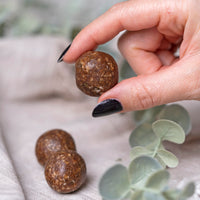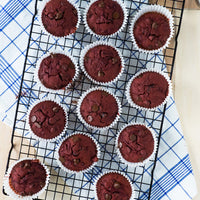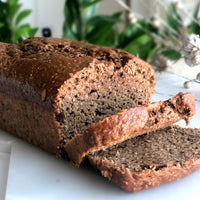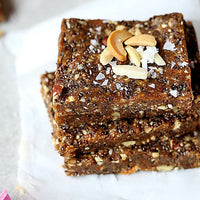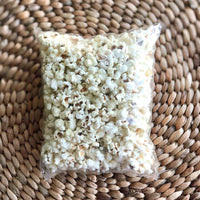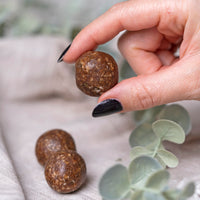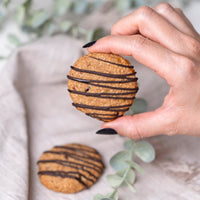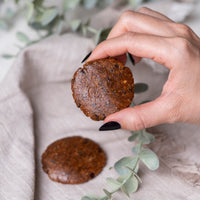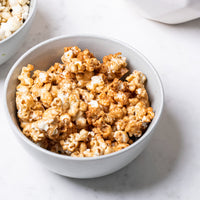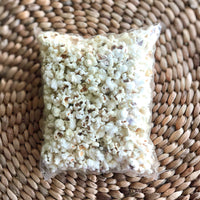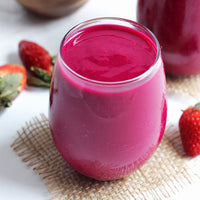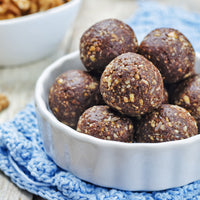
During Ramadan, you have a relatively short time each day to eat and drink to provide your body with all the essential nutrients and fluids it needs to be healthy; so the quality of your diet is especially important during this period.
Managing and optimizing your nutrition by getting enough calories, micronutrients, and water from nutrient-dense foods for the hours you can eat will maximize productivity and help you emerge from Ramadan feeling confident in your ability to make lifestyle changes.
While Iftaar and Suhoor meals are a time when families and friends come together to eat, it is important not to go overboard and to avoid binge eating during both of these mealtimes. It is not uncommon for people to take advantage of Ramadan to adjust their dietary habits, as it can be a good time to make changes to improve your lifestyle that can be sustained in the longer term.
If you're looking to get healthier during the Holy Month and need some help, we're here for you! Order your Ramadan meal plan here to get your essential meals delivered to your door daily.
Otherwise, here are some tips to stay healthy during Ramadan.
Iftaar
- Having not eaten for a long period, you may find it helpful to eat slowly and mindfully when breaking your fast.
- A common recommendation when first breaking the fast is to eat 2-3 pieces of dates. Dates provide natural sugars for energy and are rich in potassium (which aids in hydration and restores electrolyte balance) and are a good source of fiber.
- Ramadan drinks such as jallab and dried apricot syrup may have some vitamins, but are a rich source of calories. It is best to stay hydrated by drinking water, coconut water, home-made smoothies and consuming fluid-rich foods, such as soups, salads and stews.
- Be moderate in your consumption of deep fried appetizers (kibbeh, sambousik) as they are high in calories and fat. They taste just as good baked, so consider that as an option!
- Include foods from all food groups to ensure variety and a well-balanced diet. Avoid highly processed foods that are high in salt, sugar and unhealthy fats. Below are a few examples to include at Iftaar:
- Baked falafel served with fattoush salad, hummus and whole wheat pita bread.
- Lentil soup, Sayadiyeh (baked fish with rice) accompanied with tahini dressing.
- Green salad, vegetable and bean stew served with brown rice.
Between Iftaar and Suhoor:
- Drink plenty of water between Iftaar and Suhoor as high temperatures make you sweat more. An average person needs around 8-10 cups of water to replenish the fluids lots during the day. It is advisable to avoid caffeinated drinks such as coffee, tea and cola, because caffeine may lead to dehydration.
- Eat two small snacks between breaking the fast and going to sleep (e.g fruits, nuts, yogurt, home-made smoothie).
- If you exercise regularly, this routine can be maintained during Ramadan. However, too much physical activity, particularly while fasting, can lead to hypoglycemia and dehydration. It is advisable to work out after iftaar once you have had the chance to digest your food.
Suhoor:
Even though the thought of sleep may be more appealing than waking up to eat, don’t skip Suhoor! (You can prepare this meal before going to bed so you can sleep for as long as possible). Suhoor should include a wholesome meal providing you with energy that will sustain until Iftaar. Right foods that provide a long lasting source of energy throughout the day include complex carbohydrates, fruits and vegetables, beans, chickpeas, lentils and good fats such as avocado, unsalted nuts, olives and olive oil which are ideal for satiety. Below are a few examples to include at Suhoor:
- Oatmeal porridge (made with milk / non-dairy milk or simply water) topped with strawberries, blueberries and pistachios.
- Low fat yogurt topped with fresh or dried fruits, nuts & seeds (e.g. pumpkin, sunflower, chia, flax seeds etc.)
- Whole wheat toast with a topping of your choice: mashed avocado, hummus, cottage cheese, low-fat labneh, halloumi or mozzarella cheese. These toppings can be accompanied by a variety of fresh vegetables of your choice.
The holy month is seen as a time to practice self-discipline, so new habits can be developed during this month. It is a great opportunity to focus on bringing back a balanced and healthy lifestyle, manage eating habits and improve self-control. The way to approach your diet during fasting should be similar to the way you should be eating on a regular basis.
Author: Linda Said, RD, US Registered Dietitian.

